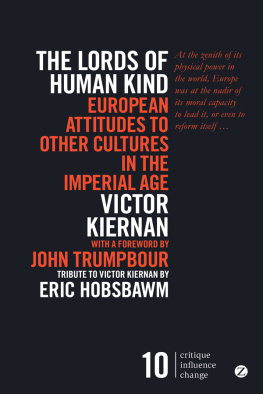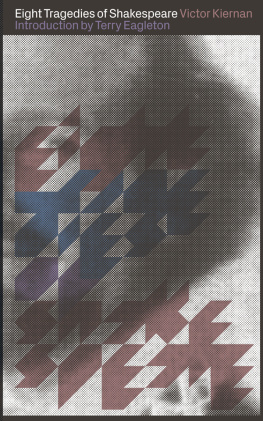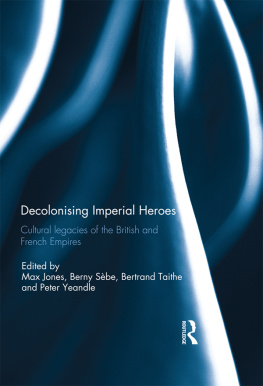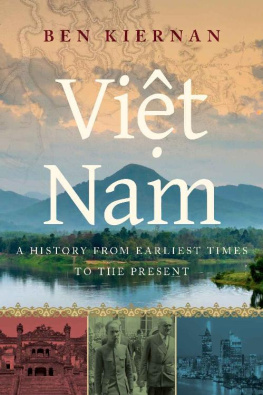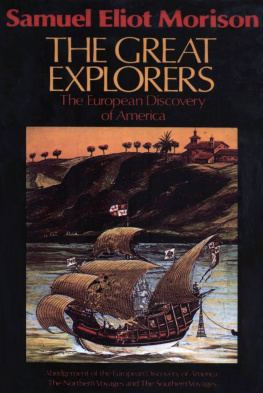
critique
influence
change | critique confronts the world. Without dogma, without new principles, it refuses to conform and instead demands insurrection of thought. It must be ruthless, unafraid of both its results and the powers it may come into conflict with. Critique takes the world, our world, as its object, so that we may develop new ways of making it. influence is a step from critique towards the future, when effects begin to be felt, when the ground becomes unstable, when a movement ignites. These critiques of the state of our world have influenced a generation. They are crucial guides to change. change is when the structures shift. The books in this series take critique as their starting point and as such have influenced both their respective disciplines and thought the world over. This series is born out of our conviction that change lies not in the novelty of the future but in the realization of the thoughts of the past. These texts are not mere interpretations or reflections, but scientific, critical and impassioned analyses of our world. After all, the point is to change it. |
TITLES IN THE CRITIQUE INFLUENCE CHANGE SERIES
Reclaiming Development
An Alternative Policy Manual
by Ha-Joon Chang and Ilene Grabel
Realizing Hope
Life Beyond Capitalism
by Michael Albert
Global Governance and the New Wars
The Merging of Development and Security
by Mark Duffield
Capitalism in the Age of Globalization
The Management of Contemporary Society
by Samir Amin
Ecofeminism
by Maria Mies and Vandana Shiva
Patriarchy and Accumulation on a World Scale
Women in the International Division of Labour
by Maria Mies
Grassroots Post-modernism
Remaking the Soil of Cultures
by Gustavo Esteva and Madhu Suri Prakash
Debating Cultural Hybridity
Multicultural Identities and the Politics of Anti-Racism
edited by Pnina Werbner and Tariq Modood
A Fundamental Fear
Eurocentrism and the Emergence of Islamism
by Bobby S. Sayyid
The Lords of Human Kind
European Attitudes to Other Cultures in the Imperial Age
by Victor Kiernan
Male Daughters, Female Husbands
Gender and Sex in an African Society
by Ifi Amadiume
Marxism and the Muslim World
by Maxime Rodinson
Planet Dialectics
Explorations in Environment and Development
by Wolfgang Sachs
Another World is Possible
Popular Alternatives to Globalization at the World Social Forum
Edited by William Fisher and Thomas Ponniah
CRITICAL PRAISE FOR THE LORDS OF HUMAN KIND
One of the rewards of my career as a historian is to have once suggested the idea of this book to Victor Kiernan, knowing that no other scholar had the brilliance and global range of learning to write it. It is still a marvellous book, fresh as on the day of first publication and ready for a new generation of readers.
Eric Hobsbawm
Victor Kiernans classic work is a marvellous and erudite introduction to the cruelties and absurdities of the European empires and their interaction with the world beyond, the best single volume on the subject there is. With its entertaining style and encyclopaedic range, there is nothing quite like this book. It should be read by every teacher and by every schoolchild.
Richard Gott
[Victor Kiernan is] that great Scottish historian of empire
Edward Said
Absorbing
Shiva Naipaul, The Times
A wry delight brilliant, witty and humane
Philip Toynbee, Observer
The Lords of Human Kind provides an essential anti-Imperialist introduction to global history, and remains an indispensable work for understanding the modern world. The new edition is to be unreservedly welcomed.
John Newsinger, author of The Blood Never Dried: A Peoples History of the British Empire
ABOUT THE AUTHOR
Victor Kiernan (19132009) ranks among Britains most distinguished historians. After a fellowship at Trinity College, Cambridge, and a long period spent teaching in India, he joined the History Department at the University of Edinburgh, where he served as professor of modern history from 1970 until his retirement. Over the course of his life he authored such works as European Empires from Conquest to Collapse, The Duel in European History, Shakespeare: Poet and Citizen, Horace: Poetics and Politics and numerous others, as well as translating two volumes of Urdu poetry.
THE LORDS OF
HUMAN KIND
EUROPEAN
ATTITUDES TO
OTHER CULTURES
IN THE
IMPERIAL AGE
VICTOR
KIERNAN
WITH A FOREWORD BY
JOHN
TRUMPBOUR
TRIBUTE TO VICTOR KIERNAN BY
ERIC HOBSBAWM

The Lords of Human Kind: European Attitudes to Other Cultures in the Imperial Age was first published in 2015 by Zed Books Ltd, 7 Cynthia Street, London N1 9JF, UK
This edition was first published in 2015
www.zedbooks.co.uk
Copyright Heather Kiernan, 2015
Foreword John Trumpbour, 2015
The right of Victor Kiernan to be identified as the author of this work has been asserted by him in accordance with the Copyright, Designs and Patents Act, 1988
New material typeset in Monotype Joanna by illuminati, Grosmont
Cover designed by www.alice-marwick.co.uk
All rights reserved. No part of this publication may be reproduced, stored in a retrieval system or transmitted in any form or by any means, electronic, mechanical, photocopying or otherwise, without the prior permission of Zed Books Ltd.
A catalogue record for this book is available from the British Library
ISBN 978-1-78360-429-6 pb
ISBN 978-1-78360-430-2 pdf
ISBN 978-1-78360-431-9 epub
ISBN 978-1-78360-432-6 mobi
CONTENTS
HEATHER KIERNAN
ERIC HOBSBAWM
JOHN TRUMPBOUR
In memory of Nazir Ahmad, a former Principal of Government College, Lahore, and of excursions to Dovedale, the Khyber Pass, the Oval, the tomb of Hafiz, and other places east and west.
HEATHER KIERNAN
On the morning of 17 February 2009 I received a note from Eric Hobsbawm:
Dear Heather,
What can I say at this moment? Only that I loved and admired him too, and the world is not the same without him. But that is nothing to what you have lost, who renewed his life.
All love
Eric
I was a Jilly-come-lately, having only arrived on the scene in 1984, but it was clear from the beginning that Eric and Victor enjoyed a very deep camaraderie a camaraderie formed during the political, economic and social upheavals of the early 1930s, and one that endured for over seventy years, though they rarely saw one another after Victor settled in Scotland.
I am glad I am always glad to hear from you, if only to confirm that you are still holding your own, Eric wrote in an email when they were both infirmed and near the end of their lives. The important thing is that we should keep up the correspondence one way or another while we can.
Eric Hobsbawm and V.G. Kiernan stood out among the twentieth-century British Marxist historians for their ability to look at history with a global vision. While their contemporaries Christopher Hill, Rodney Hilton and E.P. Thompson primarily tackled English topics in their mature historical work, Eric and Victor made ambitious forays across time and continents.
Eric admired Victor for a historical imagination that exposed proto-socialist practices among Jesuits in Paraguay, scrutinized the performance of colonial armies in various lands, and distilled the lessons of Urdu, Greek and English literature. He also believed that Victors persistent criticism of ideologically orthodox arguments inadequately supported by scholarship had an enormous influence on the early debates of the Communist Party Historians Group, citing Victor as our chief doubter.
Next page
